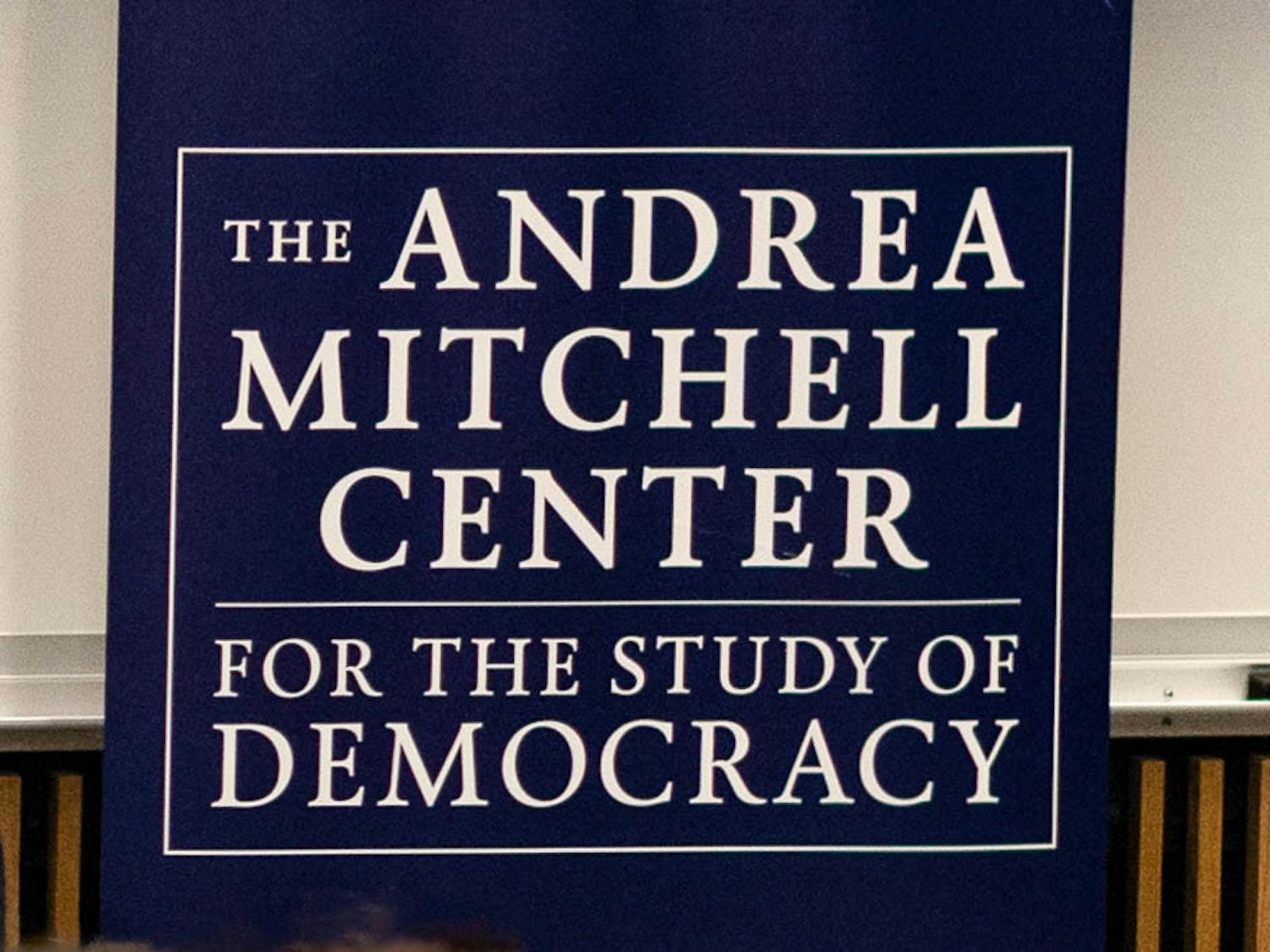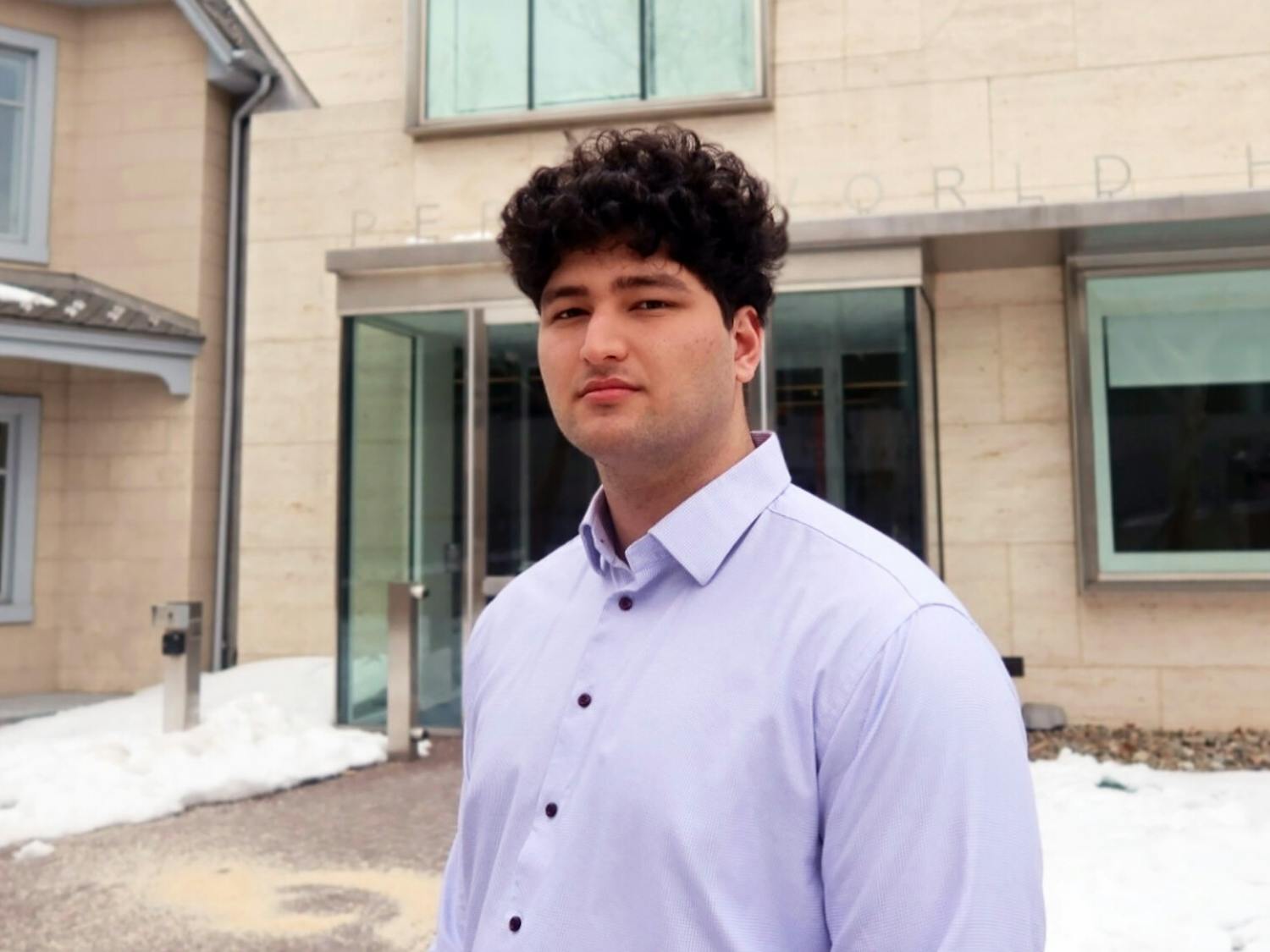Two Penn students received the 2024 Harry S. Truman Scholarship, which provides up to $30,000 in funding for graduate or professional education geared towards public service careers.
College and Wharton juniors Aravind Krishnan and Tej Patel are among the 60 Truman Scholars selected this year from a pool of 709 candidates nominated by 285 institutions. Krishnan and Patel are both in the Vagelos Program in Life Sciences and Management studying molecular and cellular biology along with healthcare management and policy and statistics.
Congress created the Truman Foundation in 1975 as a memorial to the 33rd president of the United States. Each year, the foundation recognizes juniors from across the nation who show "outstanding potential for and who plan to pursue a career in public service," which can include employment in the government, nonprofit organizations, or education.
With this year's winners, 32 students from Penn have been named Truman Scholars since the scholarship program began in 1977.
Krishnan is the co-founder of ToxiSense, which engineers plant-based biosensors to more sustainably and cost-effectively test for bacterial toxin contamination in medical products and water. He is also the development chair of Penn’s Shelter Health Outreach Program, a student-run community health group that works to alleviate healthcare disparities in Philadelphia.
Earlier this month, Krishnan was named the first recipient of the Sarah Katz Award — which provides $5,000 in support of initiatives to promote health literacy and community outreach — for a project incorporating CPR and AED into SHOP's services. He plans to pursue graduate degrees focused on immunology and infectious disease.
Patel’s research areas are in healthcare delivery and health economics, and he has co-authored multiple papers in that space, specifically on radiation oncology and cost-effective care. As a leader of the think tank Social Equity Action Lab, he works to translate research insights into tangible policy solutions. Patel also works in the Human Algorithm Collaboration Lab, creating better algorithms to help clinicians incorporate AI into their medical practice.
Truman Scholars are invited to participate in multiple programs and fellowships, many taking place in Washington, D.C., to help advance their career. For Krishnan and Patel, this is directly related to their policy interest and goals.
Winners of 2020 President’s Engagement Prize switch focus to restorative justice
Penn School of Arts & Sciences receives record $84 million donation from Roy and Diana Vagelos
Krishnan highlighted the importance of public policy to spark change.
"There's an increasing recognition that we need more than just politicians to make better public policy, whether that be economists or scientists," he said.
Patel said that his interest in healthcare economics and government spending aligned with the Truman Scholarship's focus on policy.
“I can, one, have a network of people who have similar interests as me, and then have those special perks of being able to do internships, work in special places in D.C. that catered towards my interest,” Patel said.
Undergraduate students interested in the Truman Scholarship must be nominated by the University, and they can apply with assistance from Penn's Center for Undergraduate Research and Fellowships. Krishnan emphasized the importance of applying with authenticity and passion.
"As long as you stay genuine to your passions, and stay true to what you actually want to do, you can be successful in the process, and I think that is what makes the epitome of what a Truman Scholar is," he said.









